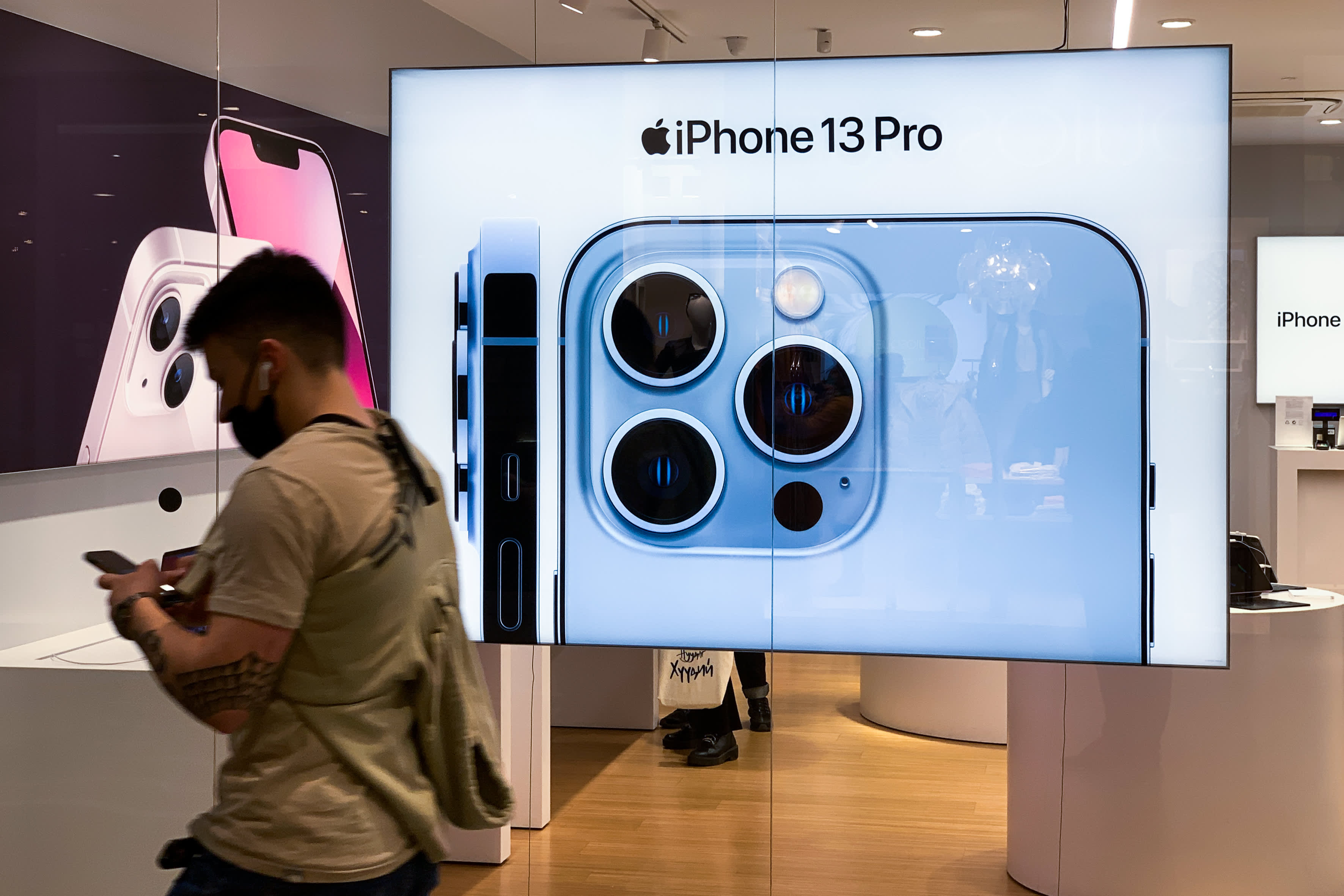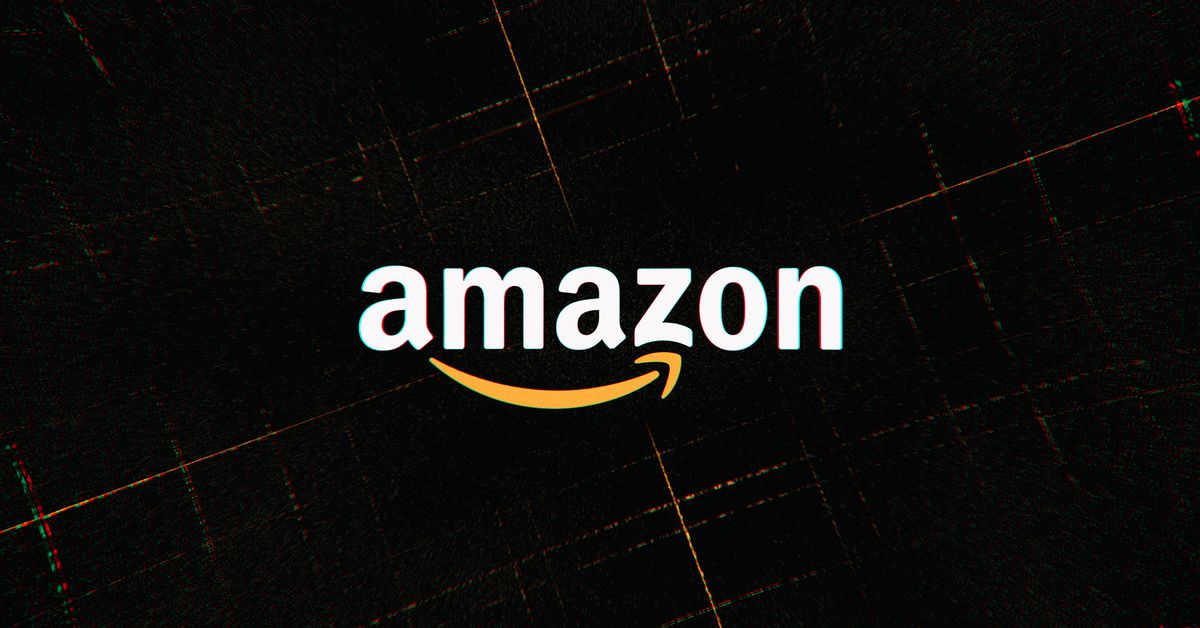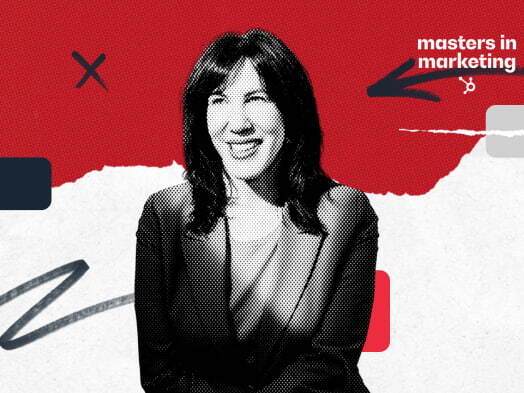The Ultimate Guide to Marketing Automation in 2023
In 2023, the landscape of marketing automation will continue to evolve as new technologies and trends emerge. Businesses should stay ahead of the curve to compete at their best. Now It is time to start planning your marketing automation...

In 2023, the landscape of marketing automation will continue to evolve as new technologies and trends emerge. Businesses should stay ahead of the curve to compete at their best. Now It is time to start planning your marketing automation strategy for the future.
What Is Marketing Automation?
Marketing automation is using technology to automate the processes of marketing. It can help businesses save time & money by automating email marketing, social media campaigns, and targeted ads.
Importance And Benefits Of Marketing Automation
There are several advantages of marketing automation, including:
Increased efficiency & productivity: Marketing automation can help businesses automate repetitive tasks such as email marketing, social media campaigns, and targeted ads. It can free up time for employees to focus on more strategic tasks. Improved customer engagement: It can help businesses nurture leads & improve customer engagement through features such as lead scoring and drip campaigns. Greater ROI: Marketing-Automation can help businesses generate more leads and conversions, ultimately leading to a higher return on investment.
Top Marketing Automation Trends In 2022
User Quality Data
To create targeted and effective marketing campaigns, businesses need access to high-quality data about their users. This data can be collected through various means, such as online surveys, website analytics, & customer feedback forms.
Omnichannel Marketing
As consumers increasingly use multiple channels to interact with brands (such as social media, email, and chat), businesses need to adopt an omnichannel marketing approach. It means creating a consistent experience for users across all channels & touchpoints.
Funnel-Optimized Content
To move prospects through the sales funnel, businesses need to create optimized content for each funnel stage. It means creating different types of content (such as blog posts, ebooks, and webinars) specifically designed to help prospects move from one stage to the next.
Machine Learning And Artificial Intelligence
Artificial intelligence (AI) and machine learning can automate various marketing tasks, such as segmenting users, personalizing content, and predicting customer behavior.
Personalized Content
As users become more inundated with generic marketing messages, businesses need to find ways to personalize their content to stand out. It can be done by tailoring messages & offers to specific user demographics, interests, and preferences.
Chatbots
They are AI-powered software programs that mimic human conversation. Chatbots can be used to automate customer support tasks, such as answering common questions or providing information about products and services.
Automated Social Media Marketing
Social media marketing can be time-consuming and repetitive, but several tools can automate various tasks, such as scheduling posts, monitoring hashtags, and analyzing user data.
Personalized Email Automation
Email automation can send personalized messages to users based on their behavior or interactions with your brand. It can be an effective way to nurture prospects and build customer relationships.
Conversational Marketing
As more businesses adopt chatbots and other artificial intelligence-powered technologies, marketing will become increasingly conversational. This trend is already starting to emerge, with some companies using chatbots to engage in two-way conversations with customers.
Mobile Marketing Automation
With most users now accessing the internet from mobile devices, businesses need to optimize their marketing campaigns for mobile. It can be done through various means, such as creating a mobile-friendly website design, developing apps, and sending SMS messages.
Marketing Automation Challenges And Opportunities
In 2020, the global pandemic forced businesses to adapt their marketing strategies to survive rapidly. Many companies turned to marketing automation to automate various tasks and free up resources that can be better used elsewhere. However, there are several challenges and opportunities that businesses need to be aware of when using marketing automation.
1. The Challenge: Maintaining Human Connection
The opportunity: As more businesses turn to marketing automation, it’s essential to find ways to maintain a human connection with customers. It can be done through personalization, conversational marketing, and ensuring that customer service is still a top priority.
2. The Challenge: Creating Targeted Content
The opportunity: Machine learning and artificial intelligence can help businesses create more targeted content. It can be done by segmenting users, personalizing content, and predicting customer behavior.
3. The Challenge: Measuring Success
The opportunity: Marketing automation can help businesses measure their marketing campaigns’ success better. It can be done by tracking user engagement, analyzing customer data, and testing different marketing strategies.
4. The Challenge: Ensuring Data Quality
The opportunity: As businesses increasingly rely on marketing automation, it’s essential to ensure that the data used is high quality. It can be done through data cleansing, enrichment, and data from multiple sources.
5. The Challenge: Managing Customer Expectations
The opportunity: Managing customer expectations when using marketing automation is essential. It can be done by setting realistic goals, being transparent about marketing automation, and providing customer service.
By understanding the challenges and opportunities associated with marketing automation, businesses can ensure that they are using it effectively.
Top Marketing Automation Tools
Several marketing automation tools (subscriptionflow.com) are available on the market, each with its own features and capabilities. Here are some of the top marketing automation tools that businesses can use:
HubSpot: HubSpot is a comprehensive marketing and sales platform that offers a range of features, including email marketing, social media management, and CRM. Pardot: Pardot is a salesforce.com product that offers lead generation, lead nurturing, and account-based marketing capabilities. Marketo: Marketo is a marketing automation platform that helps businesses to attract, engage, and retain customers. It offers lead management, email marketing, and customer lifecycle management. Oracle Eloqua: Oracle Eloqua is a cloud-based marketing automation platform that helps businesses to plan, execute, and measure their marketing campaigns. Infusionsoft: Infusionsoft is a CRM and marketing automation platform that helps small businesses to automate their sales and marketing processes. Act-On: Act-On is a marketing automation platform offering email marketing, lead management, and social media integration features. HubSpot Sales: HubSpot Sales is a sales enablement tool that helps sales teams to close more deals by providing them with the tools and data they need to be successful. Pipedrive: Pipedrive is a sales CRM that helps sales teams to manage their deals, contacts, and tasks. Salesforce Sales Cloud: Salesforce Sales Cloud is a CRM platform that offers lead management, opportunity management, and account management features. Microsoft Dynamics 365: Microsoft Dynamics 365 is a CRM platform that offers features such as lead management, opportunity management, case management, & customer service.These are just some of the top marketing automation tools businesses can use. By understanding the features and capabilities of each tool, companies can choose the one that best meets their needs.
Cost Of Marketing Automation In 2022
The cost of marketing automation is expected to continue to rise in the coming years. According to a study by Forrester, the cost of marketing automation has reached $4.2 billion in 2022, up from $2.8 billion in 2017. This increase is due to several factors, including businesses’ increasing use of marketing automation & the continued development of new and innovative features.
As marketing automation costs rise, b2b SaaS businesses (thenewsinsides.com) must carefully consider whether the benefits outweigh the costs. For some companies, the answer will be yes – the benefits of using marketing automation (such as increased sales & improved customer retention) will outweigh the cost. For other businesses, the answer may be no – they may not have the budget to invest in marketing automation or feel the benefits are worth the cost.
Conclusion
Marketing automation can be a powerful tool for businesses, but it is essential to understand the challenges & opportunities associated with its use. By setting realistic goals, being transparent about marketing automation, and providing a high level of customer service, businesses can ensure that they use it in the most effective way possible. Additionally, by choosing the right marketing automation tool for their needs, companies can maximize the benefits they receive from its use.
Jessica Wade
Jessica Wade is a content strategist at SubscriptionFlow. She works with SaaS, Fintech and established E-commerce companies to help create and execute a content marketing strategy built around your goals and ROI.

 Lynk
Lynk 
































